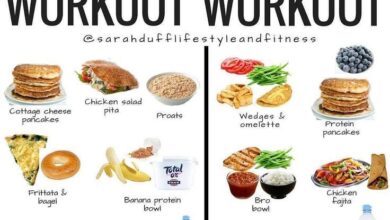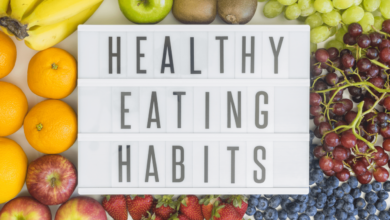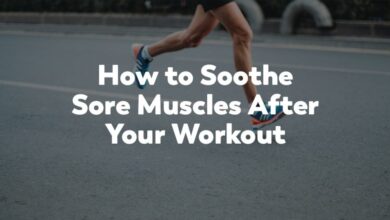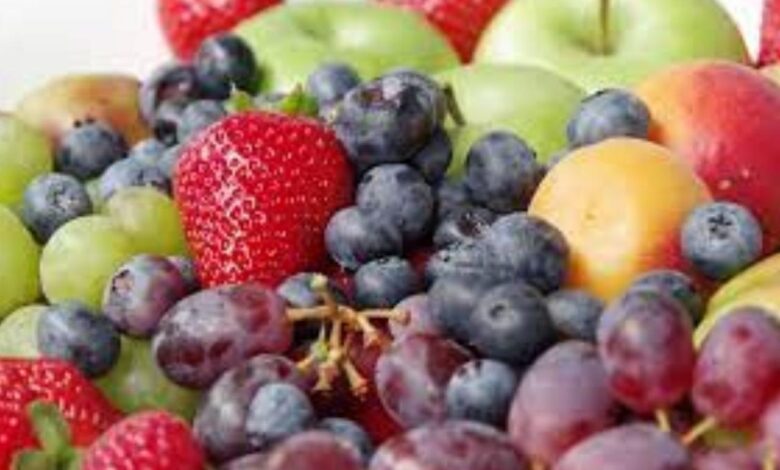
Eat Flavonoids for a Performance Boost
Eat flavonoids for a performance boost – it sounds like a superhero’s secret, right? But the truth is, these powerful plant compounds might just be the key to unlocking your athletic potential. Flavonoids are found in abundance in fruits, vegetables, and even some teas and chocolate, and they’ve been shown to have a positive impact on everything from muscle recovery to endurance.
Imagine powering through workouts with more energy, recovering faster from intense training, and even pushing your limits further. Sounds pretty amazing, doesn’t it?
In this post, we’ll dive into the science behind flavonoids and explore how they can help you achieve your athletic goals. We’ll discuss the different types of flavonoids, their potential benefits for athletes, and practical ways to incorporate them into your diet.
Get ready to discover the power of plant-based performance enhancement!
Introduction to Flavonoids
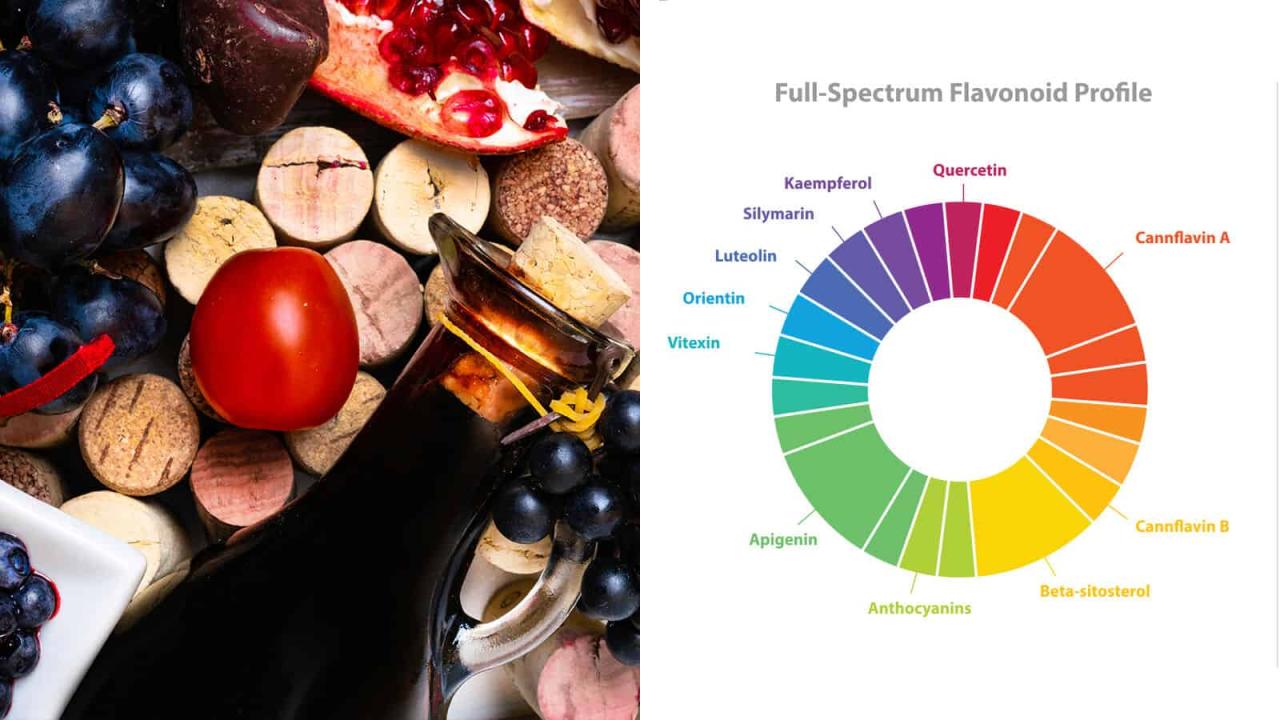
Flavonoids are a diverse group of naturally occurring plant compounds that contribute to the vibrant colors of fruits, vegetables, and flowers. They play a crucial role in plant defense mechanisms, protecting them from harmful environmental factors like UV radiation and pests.Flavonoids are classified into various subclasses based on their chemical structure and properties.
Eating flavonoids is a great way to boost your performance, but sometimes you crave a delicious treat. If you’re looking for a healthier pizza option, check out this list of 11 healthy pizzas under 400 calories ! While these pizzas might not be packed with flavonoids, they can still be a part of a balanced diet that helps you reach your fitness goals.
These subclasses include:
Flavonoid Subclasses
Flavonoids are broadly classified into several subclasses, each with unique structural features and potential health benefits.
- Anthocyanins: These are responsible for the red, purple, and blue pigments found in fruits like blueberries, strawberries, and raspberries. They are known for their potent antioxidant properties and potential benefits for heart health and cognitive function.
- Flavones: These flavonoids, such as apigenin and luteolin, are found in parsley, celery, and chamomile. They have been linked to anti-inflammatory and neuroprotective effects.
- Flavanols: These include catechins and epicatechins, which are abundant in green tea, cocoa, and apples. Flavanols have been associated with improved cardiovascular health and blood sugar control.
- Isoflavones: Found primarily in soybeans and other legumes, isoflavones have estrogen-like effects and are often studied for their potential benefits for bone health and menopausal symptoms.
Flavonoid-Rich Foods
Flavonoids are widely distributed in plant-based foods, making it easy to incorporate them into a healthy diet. Here are some examples of flavonoid-rich foods:
- Fruits: Berries (blueberries, strawberries, raspberries), apples, grapes, cherries
- Vegetables: Onions, garlic, broccoli, kale, spinach, peppers
- Legumes: Soybeans, lentils, chickpeas
- Tea: Green tea, black tea
- Cocoa: Dark chocolate
- Herbs and Spices: Parsley, oregano, turmeric, cinnamon
Potential Health Benefits of Flavonoids
Flavonoids have been extensively studied for their potential health benefits. Some of the key areas of research include:
- Antioxidant Activity: Flavonoids are potent antioxidants that help protect cells from damage caused by free radicals. This may contribute to a reduced risk of chronic diseases such as cancer and heart disease.
- Cardiovascular Health: Flavonoids have been shown to improve blood vessel function, reduce blood pressure, and lower cholesterol levels. This may contribute to a reduced risk of heart disease and stroke.
- Cognitive Function: Some flavonoids, such as anthocyanins and flavanols, have been linked to improved memory, learning, and overall brain health. They may help protect against age-related cognitive decline.
- Anti-inflammatory Effects: Flavonoids have anti-inflammatory properties that may help reduce inflammation throughout the body. This could be beneficial for conditions such as arthritis and inflammatory bowel disease.
- Cancer Prevention: Some studies suggest that flavonoids may have anticancer properties. They may inhibit the growth and spread of cancer cells.
Flavonoids and Athletic Performance
Flavonoids, the pigments found in fruits, vegetables, and other plant sources, are not just responsible for the vibrant colors we see but also hold the potential to enhance athletic performance. Research suggests that flavonoids might influence various physiological processes related to exercise, offering a natural edge to athletes.
Impact on Muscle Recovery and Inflammation
Flavonoids have been shown to play a role in reducing muscle damage and inflammation after strenuous exercise. This potential benefit stems from their antioxidant properties, which combat oxidative stress, a byproduct of intense physical activity. Oxidative stress can lead to muscle damage and inflammation, hindering recovery and performance.
“Flavonoids, with their antioxidant properties, can help mitigate oxidative stress and inflammation, potentially aiding in faster muscle recovery.”
- Quercetin, a flavonoid found in apples, onions, and berries, has been studied for its anti-inflammatory effects. Research suggests that quercetin supplementation may reduce muscle soreness and improve recovery time after exercise.
- Anthocyanins, the pigments responsible for the deep red and blue hues of berries, have demonstrated anti-inflammatory properties. These flavonoids may help reduce muscle damage and inflammation, potentially aiding in faster recovery and reducing exercise-induced pain.
Enhancement of Endurance, Eat flavonoids for a performance boost
Flavonoids may also enhance endurance by improving oxygen utilization and reducing fatigue. This potential benefit arises from their ability to influence the production of nitric oxide (NO), a molecule that plays a crucial role in vasodilation, the widening of blood vessels.
“Flavonoids’ potential to increase NO production can contribute to improved blood flow and oxygen delivery to muscles, leading to enhanced endurance.”
- Catechins, found in green tea and dark chocolate, have been linked to increased NO production. This effect can lead to improved blood flow and oxygen delivery to muscles, potentially delaying fatigue and enhancing endurance during exercise.
- Resveratrol, a flavonoid found in grapes and red wine, has shown potential to improve cardiovascular health and endurance. Studies suggest that resveratrol may increase NO production, promoting vasodilation and enhancing oxygen delivery to muscles.
Research Evidence on Flavonoids and Performance: Eat Flavonoids For A Performance Boost
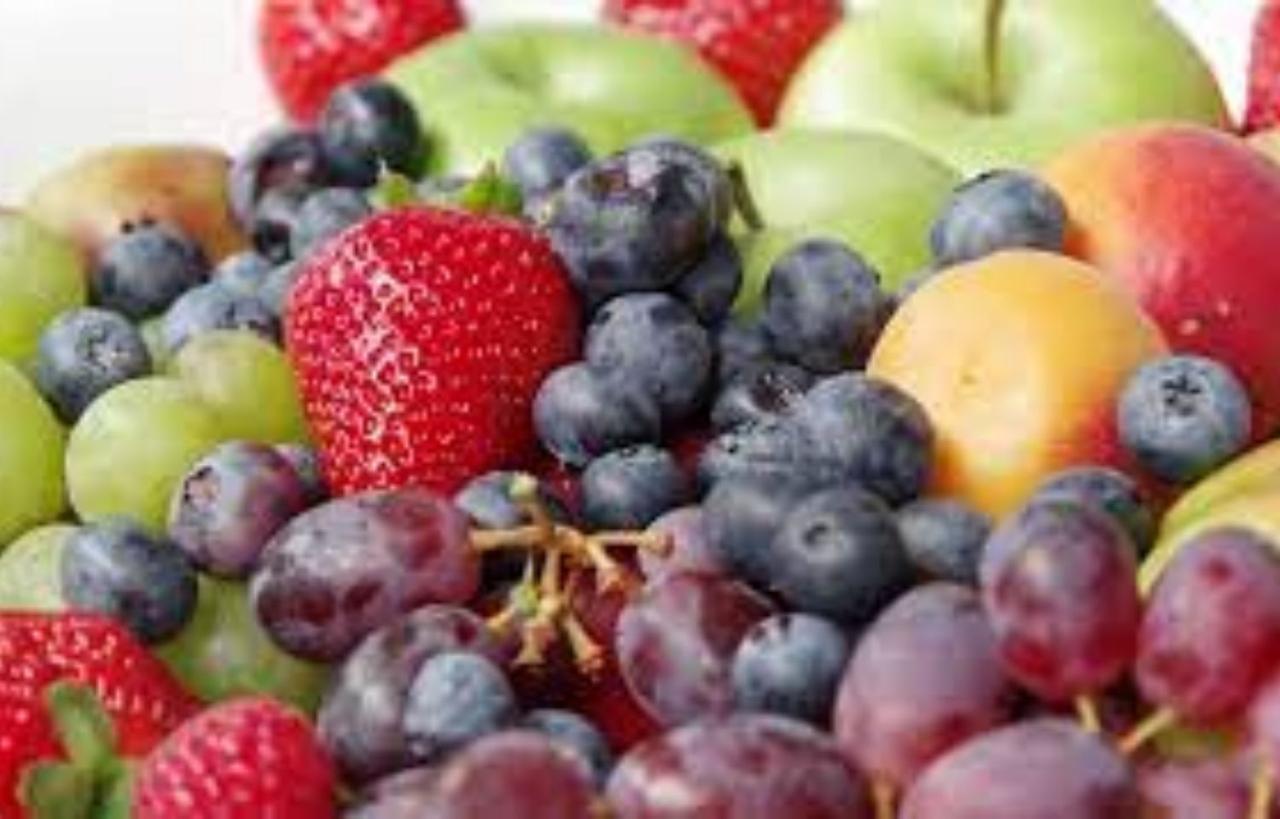
The scientific community has actively explored the impact of flavonoids on athletic performance, leading to a growing body of research that reveals intriguing insights. Numerous studies have investigated the effects of various flavonoid sources on different aspects of athletic performance, from endurance to strength and power.
Effects of Flavonoids on Endurance Performance
Studies have demonstrated that certain flavonoids, particularly those found in berries, apples, and cocoa, can enhance endurance performance. These flavonoids, including anthocyanins, procyanidins, and flavanols, have been shown to improve muscle function and reduce oxidative stress, both of which are crucial for sustained physical activity.
A 2018 study published in the
Journal of the International Society of Sports Nutrition* found that consuming a daily dose of tart cherry juice, rich in anthocyanins, improved time to exhaustion in runners.
Effects of Flavonoids on Strength and Power Performance
Research suggests that flavonoids may also positively influence strength and power performance. Some studies have shown that flavonoid-rich foods, such as grapes and citrus fruits, can increase muscle protein synthesis and reduce muscle damage after intense exercise.
Want to boost your performance? Eat more flavonoids! These powerful antioxidants, found in abundance in fruits and vegetables, can help improve cognitive function, reduce inflammation, and even enhance athletic performance. If you’re looking for ways to incorporate more of these nutrient-packed foods into your diet, check out 5 ways to up your vegetable game.
You’ll be surprised at how easy it is to add a rainbow of flavors to your meals, and your body will thank you for it!
A study published in the
Journal of Strength and Conditioning Research* in 2017 demonstrated that consuming a daily dose of quercetin, a flavonoid found in onions and apples, improved muscle strength and power in resistance-trained individuals.
Effects of Flavonoids on Recovery from Exercise
Flavonoids have also been linked to faster recovery from exercise. Studies suggest that flavonoids, particularly those found in green tea and blueberries, may reduce muscle soreness and inflammation, facilitating a quicker return to training.
A 2019 study published in the
International Journal of Sport Nutrition and Exercise Metabolism* found that consuming a daily dose of green tea extract, rich in catechins, reduced muscle damage and soreness after a strenuous workout.
You know how eating flavonoids can give you a natural performance boost? Well, think of your Thanksgiving table as a flavonoid fiesta! Instead of just the usual suspects, try adding some vibrant color with dishes like roasted beet salad or cranberry sauce.
Check out these 5 ways to fill your Thanksgiving table with color for some inspiration. Not only will your table look amazing, but you’ll be fueling your body with those powerful antioxidants that can help you power through the holiday season!
Comparison of Flavonoid Sources and Performance Outcomes
| Flavonoid Source | Key Flavonoids | Performance Benefits | Limitations |
|---|---|---|---|
| Berries (e.g., blueberries, strawberries, raspberries) | Anthocyanins | Improved endurance, reduced oxidative stress, faster recovery | Limited research on specific effects on strength and power |
| Apples | Quercetin, procyanidins | Enhanced endurance, improved muscle function, reduced inflammation | Individual responses may vary |
| Cocoa | Flavanols | Increased blood flow, improved muscle function, enhanced cognitive performance | High in calories and fat |
| Green tea | Catechins | Reduced muscle damage, improved recovery, antioxidant effects | Potential caffeine content |
| Onions | Quercetin | Improved muscle strength and power, reduced inflammation | Strong odor and taste |
Practical Recommendations for Incorporating Flavonoids
Flavonoids are naturally occurring plant compounds that offer numerous health benefits, including enhanced athletic performance. Incorporating flavonoid-rich foods into your diet can be a simple and effective way to boost your performance. Here’s how you can increase your flavonoid intake and reap the rewards:
Flavonoid-Rich Foods
A variety of foods are packed with flavonoids. Here are some examples:
- Fruits:Berries (blueberries, strawberries, raspberries), apples, grapes, cherries, oranges, pomegranates
- Vegetables:Onions, garlic, broccoli, kale, spinach, peppers, artichokes
- Legumes:Lentils, beans, peas
- Nuts and Seeds:Almonds, walnuts, flaxseeds, chia seeds
- Tea:Green tea, black tea
- Chocolate:Dark chocolate (70% cocoa or higher)
- Wine:Red wine (in moderation)
Sample Meal Plan
Here’s a sample meal plan incorporating flavonoid-rich foods for an athlete:
Breakfast
- Oatmeal with berries and almonds
- Smoothie with spinach, banana, and blueberries
Lunch
- Salad with grilled chicken or fish, spinach, bell peppers, and a vinaigrette dressing
- Lentil soup with whole-grain bread
Dinner
- Salmon with roasted broccoli and quinoa
- Chicken stir-fry with brown rice and a variety of colorful vegetables
Snacks
- Greek yogurt with berries
- Apple slices with almond butter
- Handful of mixed nuts and seeds
Supplement Use
While a balanced diet is the primary source of flavonoids, supplements can provide additional support. Popular flavonoid supplements include:
- Quercetin:Found in onions, apples, and berries, quercetin is a powerful antioxidant and may help reduce inflammation and improve exercise performance.
- Resveratrol:Found in grapes and red wine, resveratrol has been shown to have antioxidant and anti-inflammatory effects, potentially improving cardiovascular health and athletic performance.
- Anthocyanins:Found in berries, grapes, and other pigmented fruits and vegetables, anthocyanins are potent antioxidants that may enhance muscle recovery and reduce oxidative stress.
Dosage Considerations:It’s essential to consult with a healthcare professional before taking flavonoid supplements, as recommended dosages can vary based on individual needs and health conditions.
Potential Risks and Considerations
While flavonoids offer potential benefits for athletic performance, it’s crucial to approach their consumption with caution and awareness. Like any dietary supplement, flavonoids can have potential side effects and interactions, and individual responses can vary.
Potential Side Effects and Interactions
Flavonoids, like other phytochemicals, can interact with certain medications or have potential side effects. While generally considered safe in moderate amounts, excessive consumption or interactions with certain medications could lead to adverse effects.
- Gastrointestinal Issues:Some individuals may experience gastrointestinal discomfort, such as nausea, bloating, or diarrhea, especially with high doses of flavonoid-rich foods or supplements. This is more common with certain flavonoids, such as quercetin.
- Interactions with Medications:Flavonoids can interact with certain medications, particularly blood thinners (anticoagulants) and blood pressure medications. This is because flavonoids can affect blood clotting and blood pressure regulation. Consult your healthcare provider before taking flavonoid supplements, especially if you are on any medications.
- Allergies:Some people may experience allergic reactions to certain flavonoids, such as citrus fruits, berries, and apples. Symptoms can range from mild skin rashes to severe anaphylaxis. It’s essential to be aware of potential allergies and consult with a healthcare professional if you experience any adverse reactions.
Individual Variation in Response to Flavonoids
It’s important to remember that individuals respond differently to flavonoids. Factors such as genetics, gut microbiome, and overall health status can influence how your body metabolizes and utilizes flavonoids.
“The optimal intake of flavonoids may vary based on individual factors, including age, sex, genetics, and overall health status.”
Guidelines for Responsible and Safe Flavonoid Intake
To minimize potential risks and maximize the benefits of flavonoids, follow these guidelines:
- Start with moderate amounts:Gradually increase your intake of flavonoid-rich foods or supplements, starting with small amounts and monitoring your body’s response.
- Consult with your healthcare provider:If you have any pre-existing medical conditions, are taking medications, or are considering using flavonoid supplements, consult with your healthcare provider to ensure safe and appropriate intake.
- Choose reliable sources:Opt for flavonoid-rich foods from reputable sources and select supplements that are tested for purity and potency.
- Be aware of potential interactions:Research the potential interactions of flavonoids with any medications you are taking.
- Listen to your body:Pay attention to how your body responds to flavonoid intake and adjust your consumption accordingly.
Closing Notes
So, there you have it! Flavonoids aren’t just pretty colors in your food; they’re powerful allies in your pursuit of athletic excellence. By incorporating flavonoid-rich foods into your diet and understanding their potential benefits, you can empower your body to perform at its peak.
Remember, consistency is key, so make gradual changes to your diet and listen to your body. Embrace the power of plants and unlock your true athletic potential!


